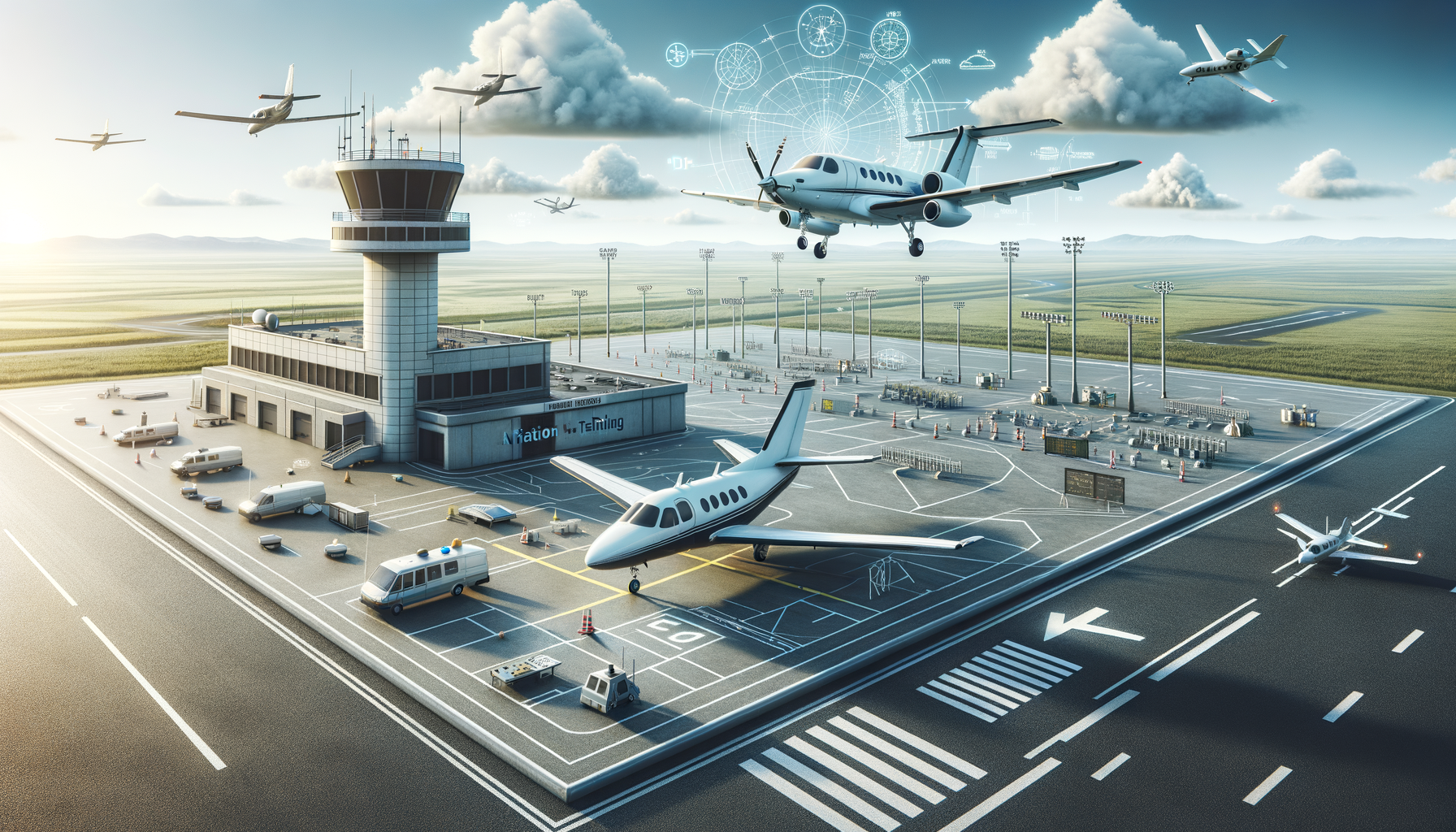
Start Your Career at the Airport Through Training in New Zealand Today
Understanding the Landscape of Aviation Training
In the world of aviation, training is not just an option but a necessity. As the aviation industry continues to expand globally, the demand for skilled professionals is on the rise. Aviation training encompasses a wide range of programs designed to equip individuals with the knowledge and skills necessary for various roles within the industry. From pilots to air traffic controllers, and maintenance technicians to cabin crew, each position requires a unique set of skills and expertise.
Training programs are generally divided into theoretical and practical components. Theoretical training covers essential subjects such as aerodynamics, meteorology, and aviation regulations. This foundational knowledge is crucial for understanding the complexities of flight operations and ensuring safety and compliance with international standards.
Practical training, on the other hand, provides hands-on experience. For pilots, this means time in flight simulators and actual aircraft, while maintenance technicians might engage in workshops that involve working on aircraft systems. The blend of theory and practice ensures that trainees are well-prepared for the challenges they will face in their careers.
Moreover, aviation training is not static. It evolves with technological advancements and changes in regulatory requirements. Continuous learning and recurrent training are integral parts of an aviation career, ensuring that professionals remain up-to-date with the latest developments in the industry.
The Pathways to a Career in Aviation
Embarking on a career in aviation can be a thrilling journey, and there are multiple pathways to enter this dynamic field. One of the primary routes is through aviation academies, which offer comprehensive training programs for aspiring pilots and aviation professionals. These academies provide structured courses that cover both theoretical knowledge and practical skills, often culminating in certifications recognized by aviation authorities.
For those interested in becoming pilots, flight schools offer programs that range from private pilot licenses to commercial pilot licenses. These programs are rigorous and require dedication and commitment. Students must log a certain number of flight hours, pass written exams, and demonstrate proficiency in various maneuvers and emergency procedures.
Beyond piloting, the aviation industry offers diverse career options. Air traffic control, for instance, is a critical component of aviation safety, and training in this area involves learning to manage aircraft movements, communicate effectively, and make quick decisions under pressure. Similarly, aircraft maintenance and engineering roles require specialized training in diagnosing and repairing aircraft systems.
The aviation industry also values soft skills, such as teamwork, communication, and problem-solving. Training programs often incorporate these elements to ensure that graduates are well-rounded and capable of thriving in a fast-paced environment.
The Future of Aviation Training in New Zealand
New Zealand’s aviation sector is poised for growth, and training programs are evolving to meet the demands of this expanding industry. The country is renowned for its high standards of aviation safety and quality, making it an attractive destination for aviation training.
One of the key trends in aviation training is the integration of technology. Virtual reality (VR) and augmented reality (AR) are being increasingly used to enhance training experiences. These technologies allow trainees to simulate real-world scenarios in a controlled environment, providing valuable experience without the risks associated with actual flight operations.
Furthermore, New Zealand’s commitment to sustainability is influencing aviation training programs. There is a growing emphasis on eco-friendly practices, and trainees are being educated on fuel efficiency, emissions reduction, and sustainable aviation fuels. This focus aligns with global efforts to reduce the environmental impact of aviation.
As the industry continues to evolve, so too will the opportunities for aspiring aviation professionals. With a robust training infrastructure and a forward-looking approach, New Zealand is well-positioned to nurture the next generation of aviation experts.


